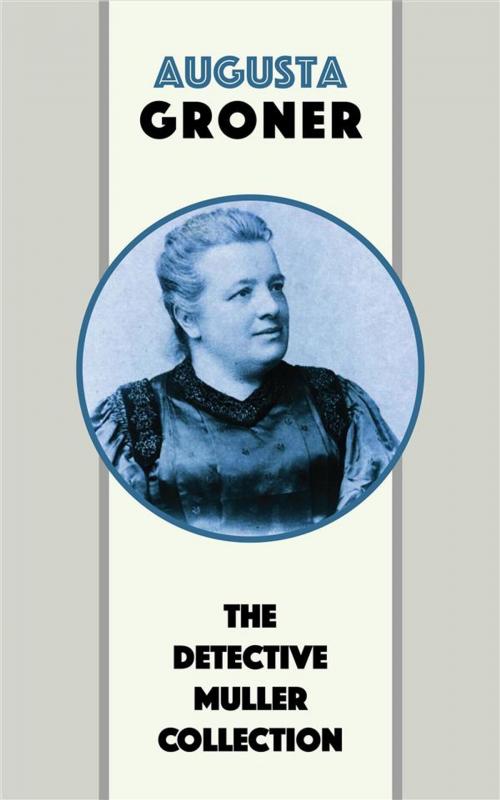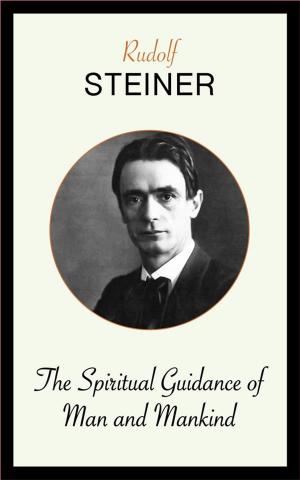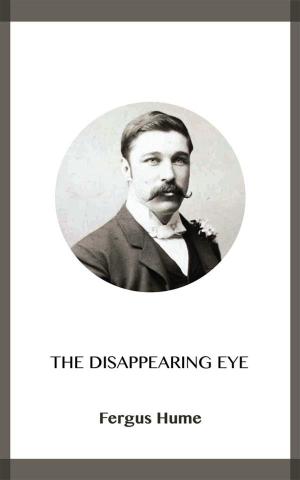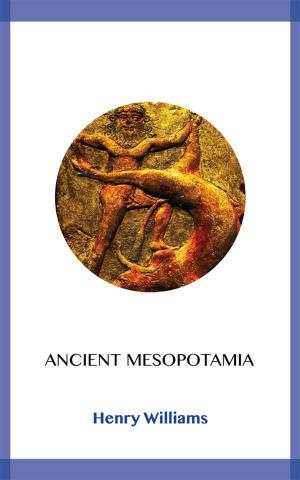The Detective Muller Collection
Nonfiction, Reference & Language, Law, Military, Mystery & Suspense, International, Cozy Mysteries| Author: | Augusta Groner | ISBN: | 9788832545418 |
| Publisher: | Blackmore Dennett | Publication: | March 19, 2019 |
| Imprint: | Language: | English |
| Author: | Augusta Groner |
| ISBN: | 9788832545418 |
| Publisher: | Blackmore Dennett |
| Publication: | March 19, 2019 |
| Imprint: | |
| Language: | English |
Joseph Muller, Secret Service detective of the Imperial Austrian police, is one of the great experts in his profession. In personality he differs greatly from other famous detectives. He has neither the impressive authority of Sherlock Holmes, nor the keen brilliancy of Monsieur Lecoq. Muller is a small, slight, plain-looking man, of indefinite age, and of much humbleness of mien. A naturally retiring, modest disposition, and two external causes are the reasons for Muller’s humbleness of manner, which is his chief characteristic. One cause is the fact that in early youth a miscarriage of justice gave him several years in prison, an experience which cast a stigma on his name and which made it impossible for him, for many years after, to obtain honest employment. But the world is richer, and safer, by Muller’s early misfortune. For it was this experience which threw him back on his own peculiar talents for a livelihood, and drove him into the police force. Had he been able to enter any other profession, his genius might have been stunted to a mere pastime, instead of being, as now, utilised for the public good.
Then, the red tape and bureaucratic etiquette which attaches to every governmental department, puts the secret service men of the Imperial police on a par with the lower ranks of the subordinates. Muller’s official rank is scarcely much higher than that of a policeman, although kings and councillors consult him and the Police Department realises to the full what a treasure it has in him. But official red tape, and his early misfortune... prevent the giving of any higher official standing to even such a genius. Born and bred to such conditions, Muller understands them, and his natural modesty of disposition asks for no outward honours, asks for nothing but an income sufficient for his simple needs, and for aid and opportunity to occupy himself in the way he most enjoys.
Joseph Muller’s character is a strange mixture. The kindest-hearted man in the world, he is a human bloodhound when once the lure of the trail has caught him. He scarcely eats or sleeps when the chase is on, he does not seem to know human weakness nor fatigue, in spite of his frail body. Once put on a case his mind delves and delves until it finds a clue, then something awakes within him, a spirit akin to that which holds the bloodhound nose to trail, and he will accomplish the apparently impossible, he will track down his victim when the entire machinery of a great police department seems helpless to discover anything. The high chiefs and commissioners grant a condescending permission when Muller asks, “May I do this? ... or may I handle this case this way?” both parties knowing all the while that it is a farce, and that the department waits helpless until this humble little man saves its honour by solving some problem before which its intricate machinery has stood dazed and puzzled...
The following stories are but a few of the many interesting cases that have come within the experience of this great detective. But they give a fair portrayal of Muller’s peculiar method of working, his looking on himself as merely an humble member of the Department, and the comedy of his acting under “official orders” when the Department is in reality following out his directions.
Joseph Muller, Secret Service detective of the Imperial Austrian police, is one of the great experts in his profession. In personality he differs greatly from other famous detectives. He has neither the impressive authority of Sherlock Holmes, nor the keen brilliancy of Monsieur Lecoq. Muller is a small, slight, plain-looking man, of indefinite age, and of much humbleness of mien. A naturally retiring, modest disposition, and two external causes are the reasons for Muller’s humbleness of manner, which is his chief characteristic. One cause is the fact that in early youth a miscarriage of justice gave him several years in prison, an experience which cast a stigma on his name and which made it impossible for him, for many years after, to obtain honest employment. But the world is richer, and safer, by Muller’s early misfortune. For it was this experience which threw him back on his own peculiar talents for a livelihood, and drove him into the police force. Had he been able to enter any other profession, his genius might have been stunted to a mere pastime, instead of being, as now, utilised for the public good.
Then, the red tape and bureaucratic etiquette which attaches to every governmental department, puts the secret service men of the Imperial police on a par with the lower ranks of the subordinates. Muller’s official rank is scarcely much higher than that of a policeman, although kings and councillors consult him and the Police Department realises to the full what a treasure it has in him. But official red tape, and his early misfortune... prevent the giving of any higher official standing to even such a genius. Born and bred to such conditions, Muller understands them, and his natural modesty of disposition asks for no outward honours, asks for nothing but an income sufficient for his simple needs, and for aid and opportunity to occupy himself in the way he most enjoys.
Joseph Muller’s character is a strange mixture. The kindest-hearted man in the world, he is a human bloodhound when once the lure of the trail has caught him. He scarcely eats or sleeps when the chase is on, he does not seem to know human weakness nor fatigue, in spite of his frail body. Once put on a case his mind delves and delves until it finds a clue, then something awakes within him, a spirit akin to that which holds the bloodhound nose to trail, and he will accomplish the apparently impossible, he will track down his victim when the entire machinery of a great police department seems helpless to discover anything. The high chiefs and commissioners grant a condescending permission when Muller asks, “May I do this? ... or may I handle this case this way?” both parties knowing all the while that it is a farce, and that the department waits helpless until this humble little man saves its honour by solving some problem before which its intricate machinery has stood dazed and puzzled...
The following stories are but a few of the many interesting cases that have come within the experience of this great detective. But they give a fair portrayal of Muller’s peculiar method of working, his looking on himself as merely an humble member of the Department, and the comedy of his acting under “official orders” when the Department is in reality following out his directions.















